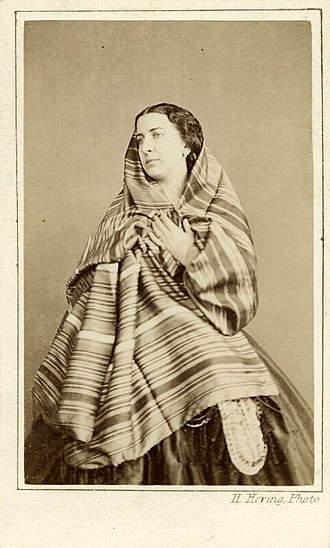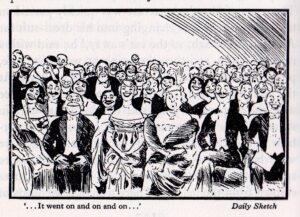… Mrs Worthington’, wrote Noel Coward.
I spent the first twenty odd years of my life as an actress, with mixed success. Since giving up acting theatre has remained one way of another a driving force of my working life; initially as a scriptwriter, a playscout and script editor, and latterly a teacher and lecturer in theatre. So it is not surprising to find the theatre world creeping into my novels.
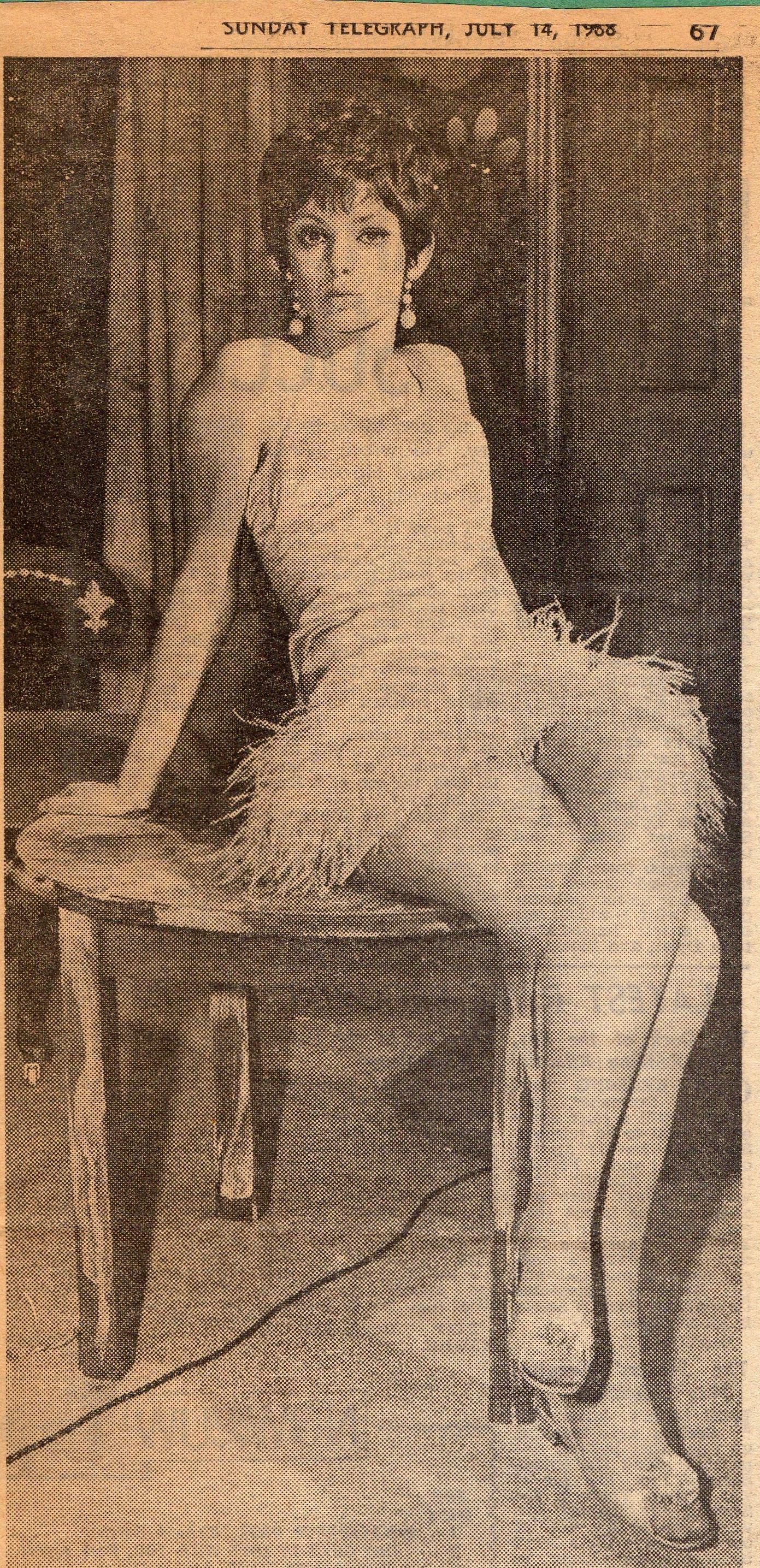
It began with the actress Mrs Patrick Campbell, who appeared without notice in book two of my Modern Women series, The Purpose of Prudence de Vere. (I say without notice because her presence was not exactly planned; she just emerged, as characters – real or imaginary – tend to do in novels.) The theatre played an even bigger role so to speak in book three, The Makings of Violet Frogg, when Violet, separated from her husband and looking for a job, found herself working for the famous actor-manager Herbert Beerbohm Tree. It’s no wonder then that book four, Mrs Morphett’s Macaroons, is all about the theatre.
Actors are glamorous creatures, are they not? Up there on stage looking glorious, the eyes of an audience of thousands focused on them, the centre of attention wherever they go. What a wonderful life it is to be an actor!
Well, yes but then no.
In the course of my researches into the lives of actors in the past I was intrigued to discover how similar their experiences were in many ways to my own. The struggle to find work; days and weeks spent on tour tramping the streets looking for digs – actors were not welcome in many provincial towns and you don’t have to go that far back to see signs on the windows of boarding houses: ‘No blacks, no Irish, no actors’; agents who promised the earth and then vanished from it; dodgy managers who quietly climbed out of the windows of the theatres at the end of the run without paying their actors; starvation, penury, misery, freezing dressing rooms . . .
I am talking here about the jobbing actor of course, such as Jerome K Jerome, who spent a couple of years trying to be an actor before, wisely, moving on to greener pastures.[1] There’s plenty to be found about the stars, the Henry Irvings and Ellen Terrys and Herbert Trees. The jobbing actor doesn’t tend to get a look-in, either back in Edwardian times or indeed now. And the jobbing, and largely unemployed, actor represents around 80% of the acting profession at any one time.
The characters of Merry and Gaye, who feature briefly in The Makings of Violet Frogg and reappear centre stage in Mrs Morphett, are loosely based on two real-life actresses of the Edwardian period: one of whom was the daughter of society parents and ignorant of the business, the other who was born into it and began performing in music hall as a child.[2] They represent quite different approaches to the profession: one (Merry) has devoted her whole life to becoming an actress, to the extent that she has been disowned by her family; the other (Gaye) goes about her work almost grudgingly, looking for ways of getting out of the business – or at least away from the chorus – but not quite knowing what else she is capable of doing. (Marriage, the obvious solution, is not the answer.)
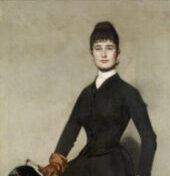
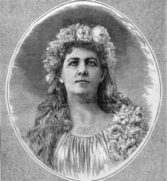
The one abiding characteristic, which is shared by so many down the years, from Meredith to myself and unknown thousands of others, is the passion, the willingness to sacrifice everything in order to act. Fame is not the prime motivation in most cases, surprisingly. Nor is money. It is something much deeper and harder to define. A need to be the centre of attention, if briefly, maybe. To get into the skin of another person, definitely. (Many if not most actors are shy, believe it or not.) To be able to transform yourself into someone braver, cleverer, funnier, sexier and more interesting than you are: someone created by someone else. That’s much nearer the mark. To think that so many men and women have willingly subjected themselves to humiliation, poverty, starvation, indifference and despair in order to be given the opportunity to play someone else. That is what makes actors so utterly, weirdly, absurdly fascinating.
© Patsy Trench
London, March 2022
This blog post first appeared on https://thepufflehufflekittehreads.wordpress.com/2022/03/07/blog-tour-mrs-morphetts-macaroons-patsy-trench-extract/
[1] As recorded in his hilarious book On The Stage And Off
[2] Gertrude Kingston & Mrs Charles Calvert, as recorded in their respective memoirs Curtsey While You’re Thinking and Sixty-Eight Years On The Stage



